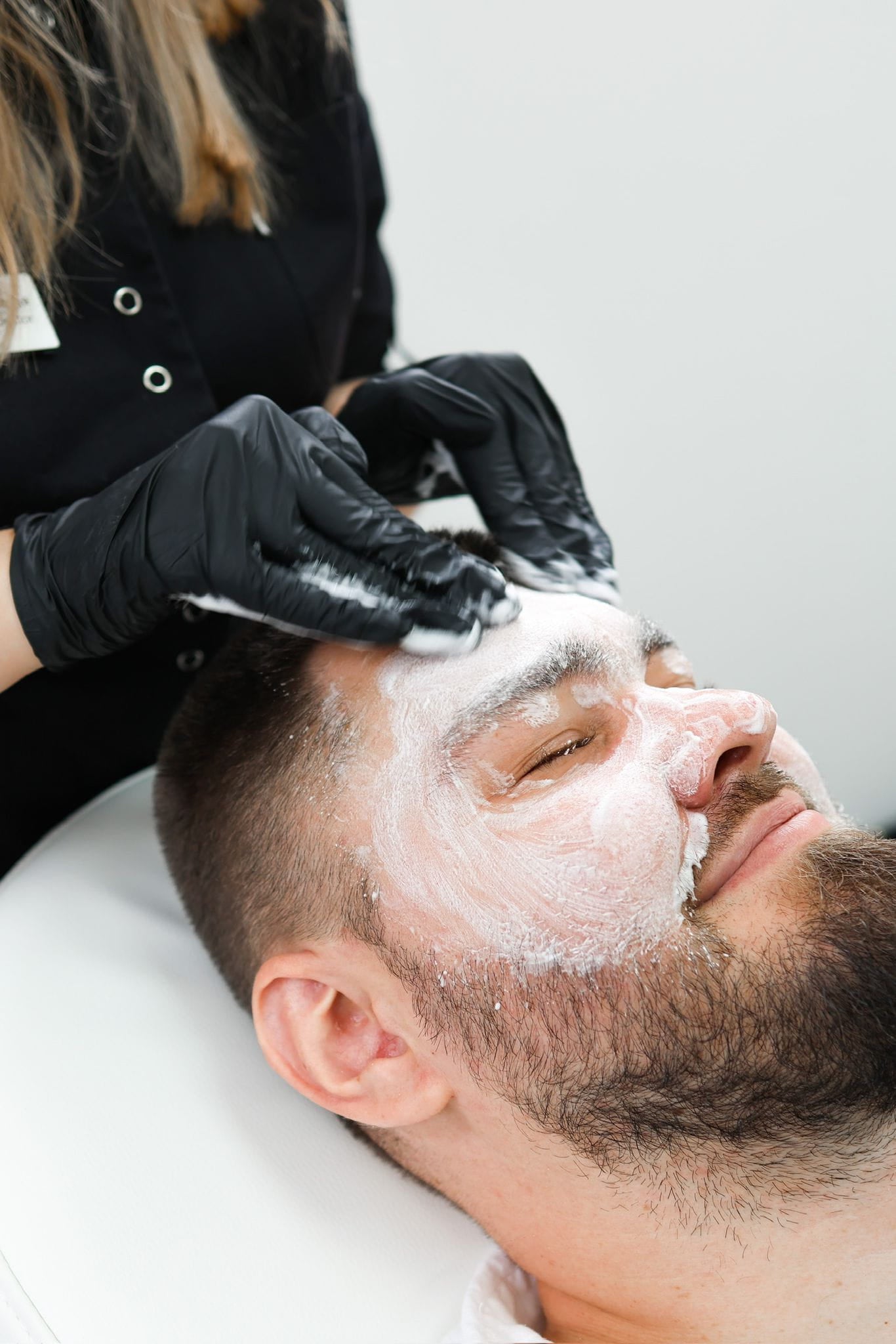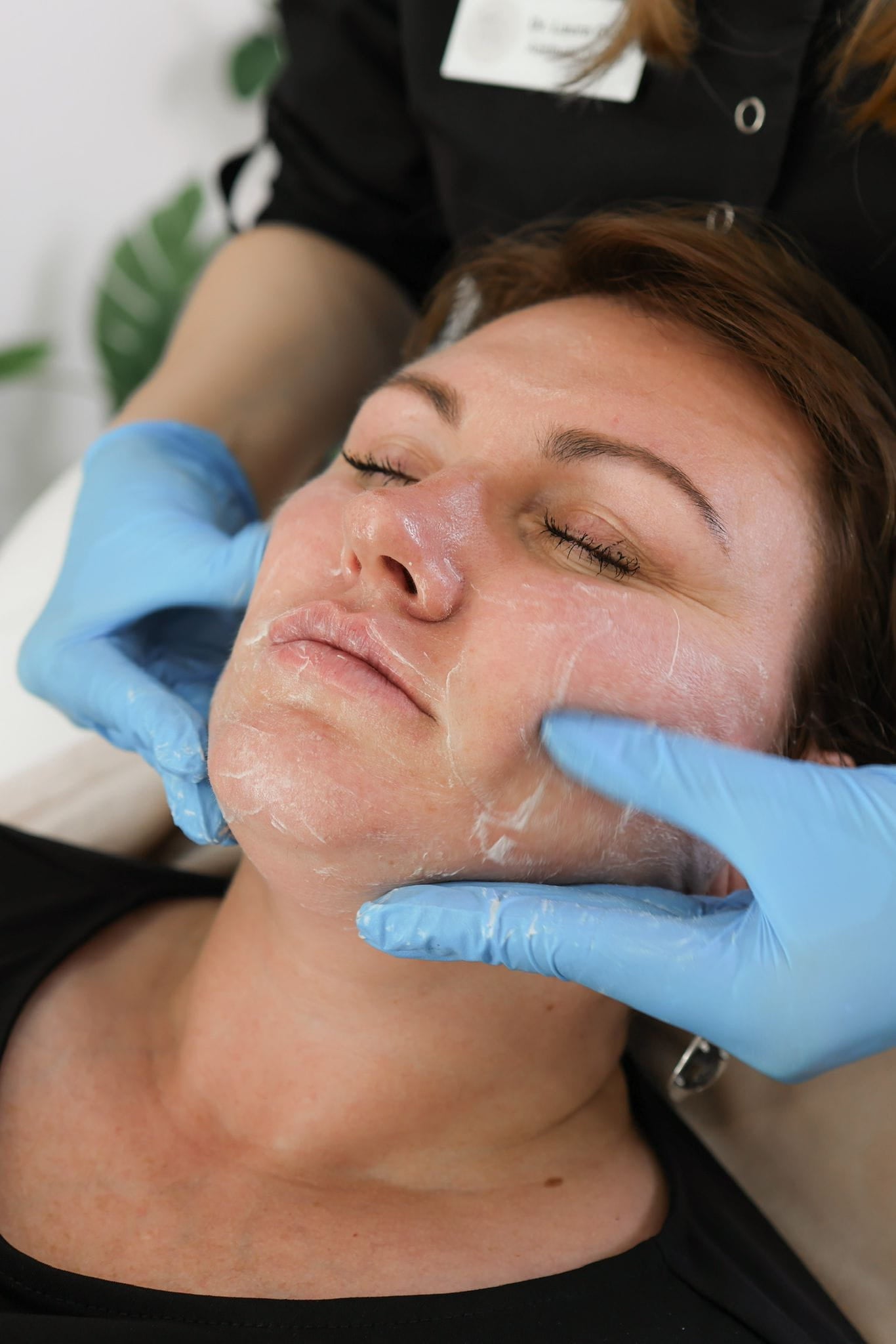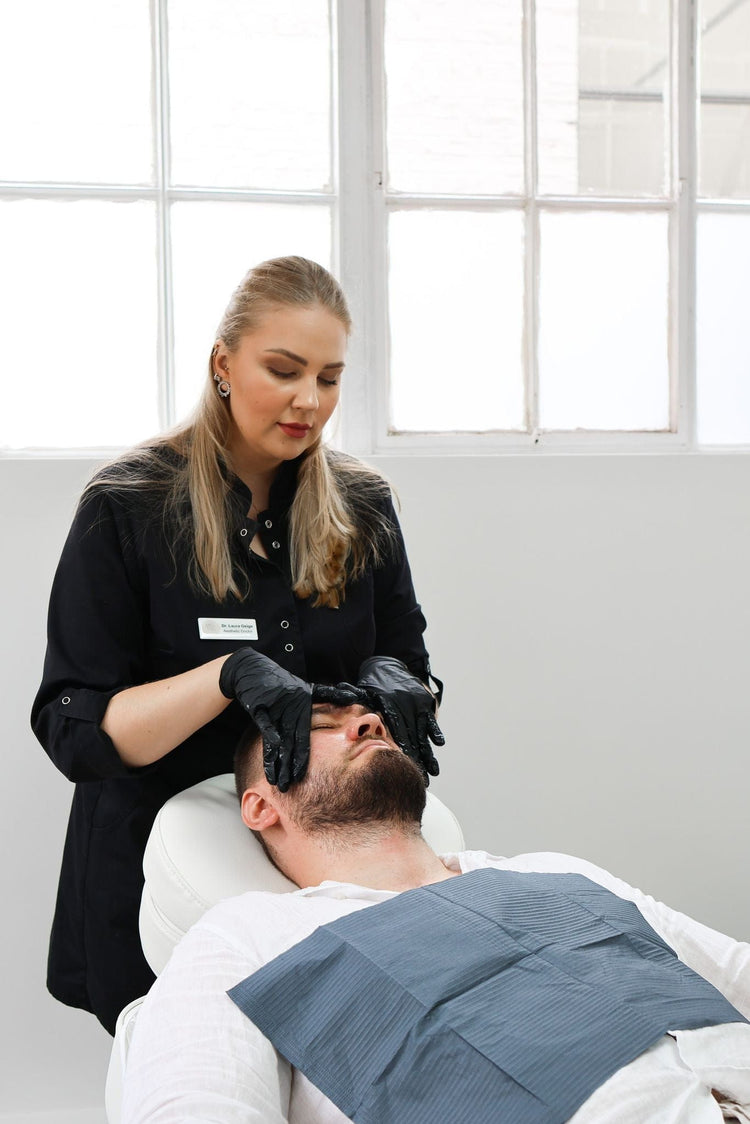Potential Side Effects
Before embarking on any new skincare regimen, it’s crucial to understand potential side effects. While many people experience positive results with treatments like the Obagi Nu-Derm System, it’s important to be aware that some individuals may encounter adverse reactions. These can range from mild skin irritation to more serious complications.
Skin Irritation
One of the most common side effects associated with the Obagi Nu-Derm System is skin irritation. This can manifest as redness, dryness, itching, or a burning sensation. It’s typically a temporary reaction that subsides as your skin adjusts to the treatment.
Redness and Inflammation
Redness and inflammation are common side effects of the Obagi Nu-Derm System. These reactions occur because the treatment uses potent ingredients that exfoliate and renew skin cells, which can temporarily irritate sensitive areas.
While redness and inflammation are usually mild and temporary, they can sometimes be more pronounced or persistent in some individuals. It’s essential to follow your dermatologist’s instructions carefully, including using sun protection diligently and avoiding harsh products during treatment. If you experience severe or prolonged side effects, consult your doctor immediately.
Sensitivity to Sunlight
Another potential concern associated with the Obagi Nu-Derm System is increased sensitivity to sunlight. The treatment exfoliates the skin, making it more vulnerable to sunburn and UV damage.
It’s crucial to diligently apply a broad-spectrum sunscreen with an SPF of 30 or higher daily, even on cloudy days, throughout your treatment and for several weeks afterward.
Allergic Reactions
Before starting any new skincare regimen, it’s important to understand potential risks. While treatments like the Obagi Nu-Derm System can yield positive results, some individuals may experience adverse reactions. These can range from mild skin irritation to more serious complications.
Contact Dermatitis
Contact dermatitis is a type of allergic reaction that occurs when the skin comes into contact with an irritant or allergen. It can manifest as redness, itching, rash, and even blisters.
Certain ingredients commonly found in skincare products, including those in the Obagi Nu-Derm System, have the potential to trigger contact dermatitis in some individuals. These ingredients might include retinol, hydroquinone, or other active chemicals.

If you suspect you are experiencing contact dermatitis from a skincare product, it’s important to discontinue use immediately and consult a dermatologist. They can help diagnose the cause of your reaction and recommend appropriate treatment options, such as topical creams or oral antihistamines.
Hives or Rash
Allergic reactions to skincare products like the Obagi Nu-Derm System can manifest as hives or rashes. These reactions occur when your immune system identifies certain ingredients in the product as harmful and mounts a defense.
Hives appear as red, itchy welts on the skin, while rashes may present as patches of redness, dryness, or irritation.
If you experience hives or a rash after using Obagi Nu-Derm System, discontinue use immediately and consult a dermatologist. They can help determine if your reaction is truly allergic and recommend appropriate treatment options.
Long-Term Risks
While the Obagi Nu-Derm System promises skin rejuvenation, understanding potential long-term risks is crucial.
Pigmentation Changes
One of the key long-term risks associated with the Obagi Nu-Derm System is the potential for pigmentation changes. The treatment uses potent ingredients that exfoliate and renew skin cells, which can sometimes lead to uneven skin tone or hyperpigmentation (dark spots).
This risk is especially relevant for individuals with darker skin tones, who may be more susceptible to post-inflammatory hyperpigmentation.
To minimize the risk of pigmentation changes, it’s crucial to diligently follow your dermatologist’s instructions, including using sunscreen religiously and avoiding sun exposure during treatment.
Premature Aging
Another long-term concern is premature aging. The use of strong exfoliating ingredients in the Obagi Nu-Derm System can potentially damage the skin’s natural barrier over time, leading to dryness, thinning, and wrinkles.
It’s important to note that these risks are not inevitable for everyone who uses the Obagi Nu-Derm System. The likelihood of experiencing adverse effects depends on factors such as individual skin type, sensitivity, and how diligently one follows their dermatologist’s instructions.
Contraindications
Contraindications are specific situations or conditions where a particular treatment or medication is not recommended or should be avoided due to the potential for harm or reduced effectiveness.

Pregnancy and Breastfeeding
When considering treatments like the Obagi Nu-Derm System, it’s crucial to understand contraindications – situations where the treatment might be harmful or ineffective. These can include:
- Pregnancy
- Breastfeeding
- Active skin infections or inflammatory conditions
- Certain medical conditions, such as autoimmune diseases
- Use of certain medications that could interact with the treatment ingredients
It’s essential to discuss your medical history and any existing skin conditions with your dermatologist before starting any new skincare regimen. They can help determine if the Obagi Nu-Derm System is appropriate for you based on your individual circumstances and advise on potential risks and precautions.
Certain Medical Conditions
Contraindications are specific situations or conditions where a particular treatment or medication is not recommended or should be avoided due to the potential for harm or reduced effectiveness.
When considering treatments like the Obagi Nu-Derm System, it’s crucial to understand contraindications – situations where the treatment might be harmful or ineffective. These can include:

- Pregnancy
- Breastfeeding
- Active skin infections or inflammatory conditions
- Certain medical conditions, such as autoimmune diseases
- Use of certain medications that could interact with the treatment ingredients
It’s essential to discuss your medical history and any existing skin conditions with your dermatologist before starting any new skincare regimen. They can help determine if the Obagi Nu-Derm System is appropriate for you based on your individual circumstances and advise on potential risks and precautions.
Book a personalized Nu-Derm Skin consultation at It’s Me & You Clinic with Dr. Laura Geige.
- How To Get The Best Skincare Results By Following Expert Consultation Advice - September 16, 2025
- CBD Gummies For Chronic Pain: A UK Perspective - September 16, 2025
- Bum Filler Injections In Cheam Surrey - September 15, 2025
